
Even though the number of US adults who smoke has decreased in the last decade, racial and ethnic disparities persist, and equitable interventions are needed.

Even though the number of US adults who smoke has decreased in the last decade, racial and ethnic disparities persist, and equitable interventions are needed.

A web-based physical activity self-management intervention for chronic obstructive pulmonary disease (COPD) might be helpful for urban participants across 4 months, but not so much for rural participants.
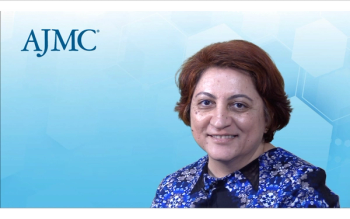
Chitra Lal, MD, D-ABSM, FCCP, FAASM, FACP, ATSF, professor of medicine at Medical University of South Carolina, says that the screening threshold for obstructive sleep apnea (OSA) should be low because 70% to 75% of patients with mild cognitive impairment have sleep apnea.
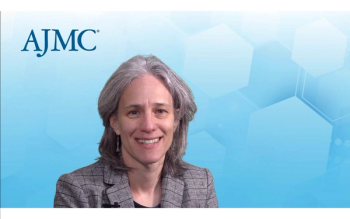
Debra Boyer, MD, pediatric pulmonologist at Nationwide Children’s Hospital and co-chair of the American Thoracic Society International Conference Committee says that even though there are strides to be made in pediatric pulmonology, treatments for children with diseases, such as cystic fibrosis, have improved.

Milena Pavlova, MD, neurologist, and medical director of the sleep testing center at Brigham and Women’s Faulkner hospital, says that since sleep disorders are common, it’s important to consider that sleep can be a separate symptom from epilepsy.

Franco Laghi, MD, a professor and pulmonologist affiliated with Loyola University Medical Center as well as the Edward Hines, Jr. Veterans Affairs Hospital in Maywood, Illinois, discussed the use of home-based exercise rehabilitation programs for veterans with long COVID-19, and patient reluctance to come to a medical facility during the pandemic.

Chitra Lal, MD, D-ABSM, FCCP, FAASM, FACP, ATSF, professor of medicine at Medical University of South Carolina, talks about how there might be a link between obstructive sleep apnea (OSA) and Alzheimer disease (AD), and that treating sleep apnea early and aggressively may help prevent AD development.
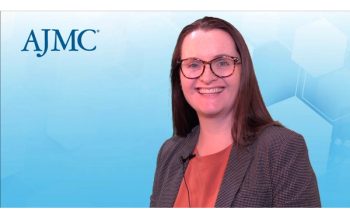
Anna E. Mullins, PhD, assistant professor at the Icahn School of Medicine at Mount Sinai, discusses the necessity of awareness of how health issues can present in World Trade Center (WTC) responders.

Gerard Criner, MD, FACP, FACCP, professor and founding chair, Thoracic Medicine and Surgery, at the Lewis Katz School of Medicine at Temple University, discusses a new trial that investigated how long treatment would last for patients with emphysema, and if any complications arose.

Debra Boyer, MD, pediatric pulmonologist at Nationwide Children’s Hospital and co-chair of the American Thoracic Society (ATS) International Conference Committee, says that more needs be done for children who have respiratory diseases to improve their adult health outcomes.

Debra Boyer, MD, pediatric pulmonologist at Nationwide Children’s Hospital and co-chair of the American Thoracic Society (ATS) International Conference Committee, highlights the need for more specialized care and research for children with respiratory diseases, who don't have access to the same therapies and testing as adults.

Rupal Shah, MD, associate professor at the University of California San Francisco, talks about how the onset of the COVID-19 pandemic created an opportunity for patients who have undergone a lung transplant to undergo spirometry testing at home instead of at the the hospital.
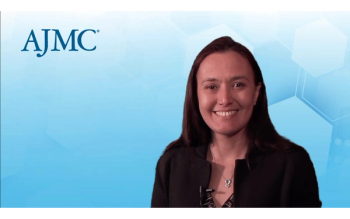
Jessica Robinson-Papp, MD, MS, professor of neurology at Icahn School of Medicine at Mount Sinai, talks about how autonomic neuropathy in people with HIV needs more study.

Milena Pavlova, MD, neurologist, and medical director of the sleep testing center at Brigham and Women’s Faulkner hospital, talks about how factors such as the sedative effects of anti-epileptic medications can mask sleep issues and diagnoses in people with epilepsy.

The risk of death from influenza or pneumonia was almost 50% lower among individuals who did aerobic physical activity, even if it was less than the recommended amount.
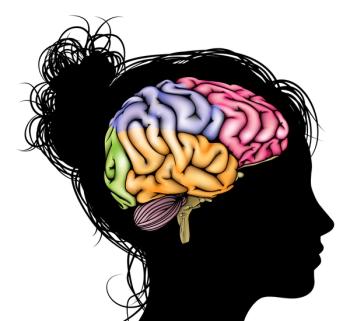
Arterial hypertension (AH) and obstructive sleep apnea (OSA) look to be risk factors in common neurocognitive disorder (NCD), but cognitive decline can be ameliorated by treating these factors.
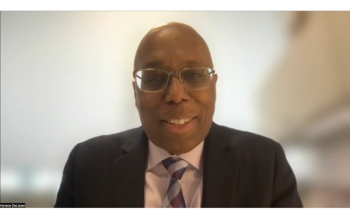
Horace DeLisser, MD, associate dean for diversity and inclusion in undergraduate medical education at the Perelman School of Medicine at the University of Pennsylvania and associate professor of medicine in the pulmonary, allergy, and critical care division, looks forward to the American Thoracic Society (ATS) international conference to reconnect with friends and colleagues and stay up to date on clinical knowledge and controversial topics.

Jessica Robinson-Papp, MD, MS, professor of neurology at the Icahn School of Medicine at Mount Sinai, talks about the strides made in antiretroviral therapy for HIV and how these improvements lead to better patient outcomes.
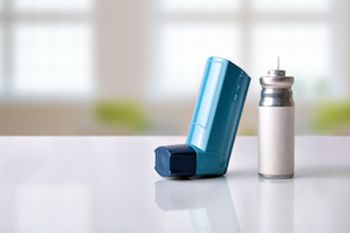
Medication adherence for patients with asthma can be improved through patient empowerment by way of effective dialogue and appropriate education, according to a recent review.

Milena Pavlova, MD, neurologist, and medical director of the sleep testing center at Brigham and Women’s Faulkner hospital, says that sleep apnea is more common in men until after women experience menopause.

Milena Pavlova, MD, neurologist, and medical director of the Sleep Testing Center at Brigham and Women’s Faulkner Hospital, highlights how even mild cases of sleep apnea can increase the number of seizures a patient with epilepsy experiences and harm organs.

Jessica Robinson-Papp, MD, MS, professor of neurology at Icahn School of Medicine at Mt. Sinai, talks about what factors can contribute to medication nonadherence in people with HIV, and the different levels of support that might be available to patients.
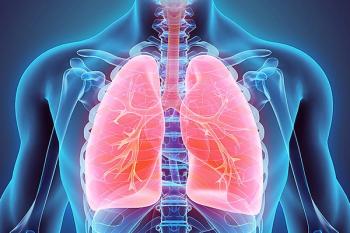
Inhaled corticosteroids were observed to be associated with increases in rates of pneumonia and tuberculosis, according to a recent study.
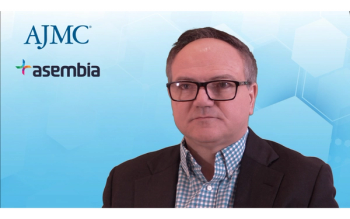
Sebastian Pistritto, chief marketing officer at ParcelShield Holdings, LLC, talks about how technology such as artificial intelligence helps to evaluate data to assist in medication delivery service decision-making, depending on the need of the pharmacy and its patients.

David Spencer, MD, director of the Comprehensive Epilepsy Center and professor of neurology at Oregon Health and Science University, discusses the importance of patient safety in a first-in-human trial of NRTX-1001 GABAergic interneuron cell therapy for focal epilepsy.
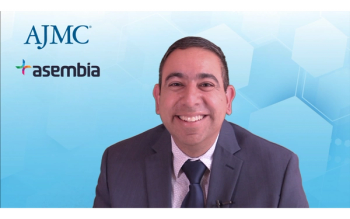
Naveen Mansukhani, director of operations and account management of Retail Pharmacy Services at Cardinal Health, talks about how the responsibility for saving costs does not just fall on one department or person, but is collaborative and requires strategy.

David Spencer, MD, director of the Comprehensive Epilepsy Center and professor of neurology at Oregon Health and Science University, talks about the first-in-human trial of interneuron cell therapy for treatment of focal epilepsy and explains the next steps.
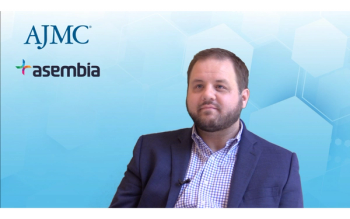
Technology and automation within patient assistance programs can enhance the patient journey and assist pharmaceutical manufacturers at a lower cost, explained Josh Marsh, vice president of Sonexus at Cardinal Health.

Milena Pavlova, MD, neurologist, and medical director of the sleep testing center at Brigham and Women’s Faulkner hospital, talks about the importance of treating underlying sleep disorders in patients with seizures, especially within a value-based care (VBC) model.

Type 2 diabetes drug tirzepatide (Mounjaro) helped some individuals lose nearly 16% of their body weight; some vital drugs have been sporadically in shortage for over 8 years; a bacterial outbreak of klebsiella claimed 4 lives and infected 31 people in a Seattle hospital.

259 Prospect Plains Rd, Bldg H
Cranbury, NJ 08512
© 2025 MJH Life Sciences®
All rights reserved.
